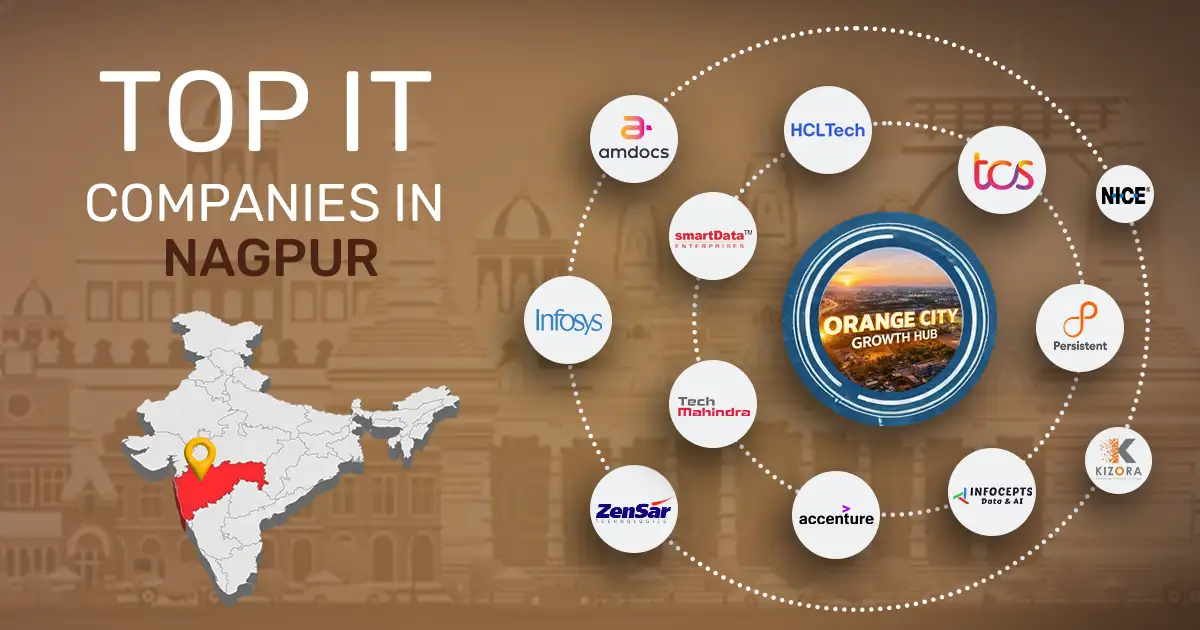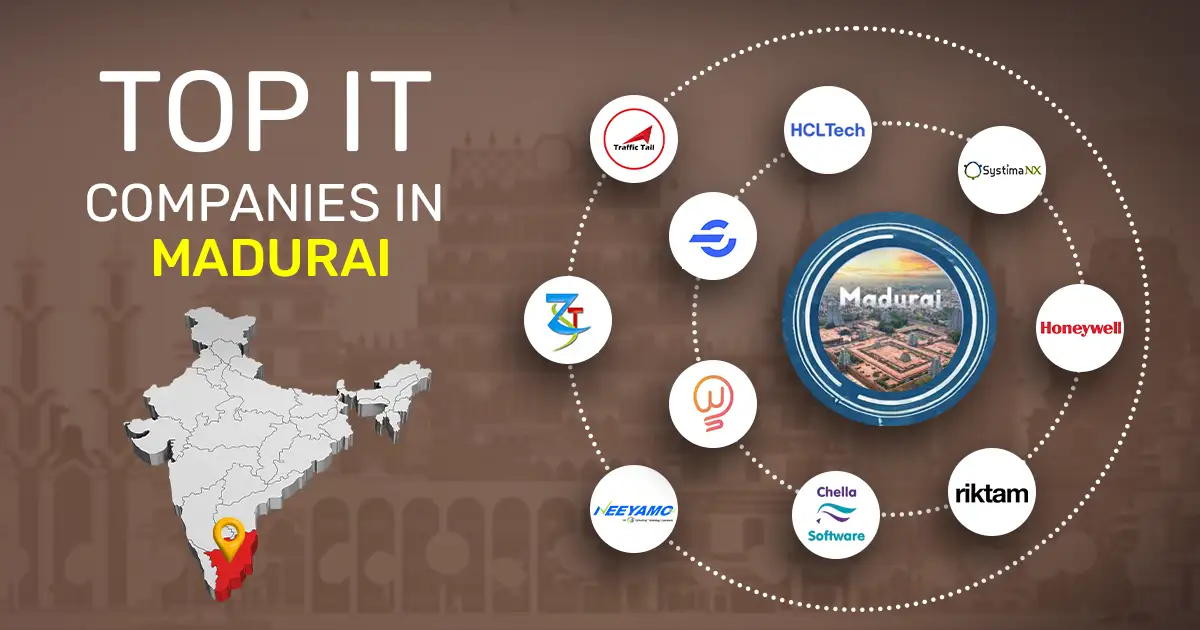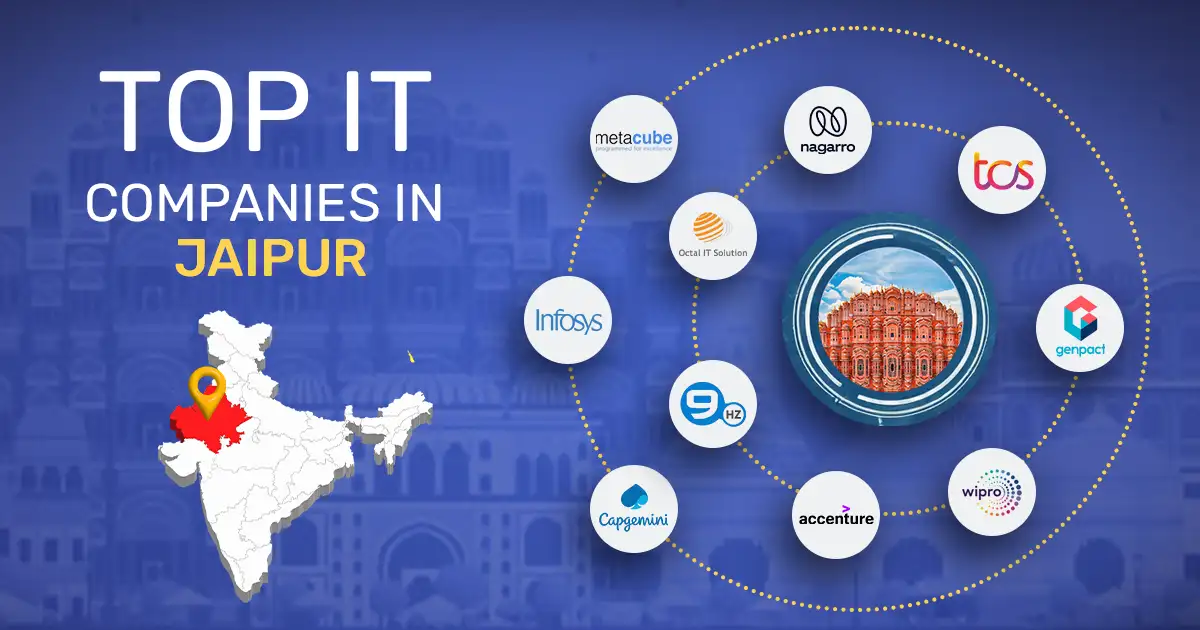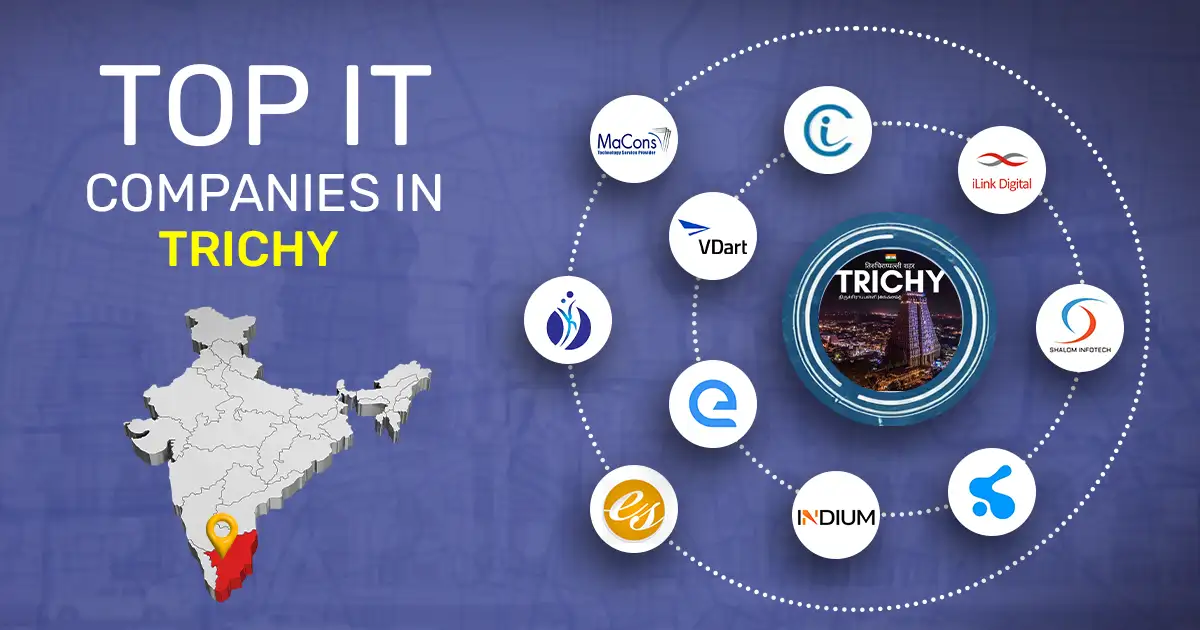Registering for EPF has become a streamlined online process, eliminating the need for physical visits to EPF offices. The process ensures transparency, efficiency, and timely compliance.
Step 1: Visit the Official EPFO Website
The first step is to visit the official EPFO website (epfindia.gov.in). Select "Establishment Registration" from the "For Employers" section. This will take you to the main website for EPF and ESIC registrations, the Unified Shram Suvidha Portal (USSP).
Step 2: Register on the Unified Shram Suvidha Portal (USSP)
On the USSP, click the ‘Sign Up’ button. You will need to provide basic details such as your name, email address, and mobile number. Verification codes will be sent to your email and phone for authentication. Once verified, you can create a login ID and password for future access.
Step 3: Log in to USSP and Apply for New Registration
After account creation, log in to the USSP. Locate the ‘Registration For EPFO-ESIC v1.1’ tab and select ‘Apply for New Registration’.
This section allows you to initiate the online registration process for your establishment.
Step 4: Select the EPF Act
You will be presented with two options:
- Employees’ Provident Fund and Miscellaneous Provisions Act, 1952: This Act covers retirement savings for employees through monthly contributions by both the employer and the employee. Select this for EPF registration.
- Employees’ State Insurance Act, 1948: This Act provides medical care, sickness benefits, maternity leave, and insurance for employees.
Select the EPF Act for EPF registration and click ‘Submit’.
Step 5: Fill out the Registration Form
The registration form requires detailed information, including:
- Name and address of the establishment
- Type of business activity (with NIC Code)
- Date of setup and commencement of business
- Employer’s PAN and Aadhaar details
- Contact details of the authorized person (manager, proprietor, or director)
- Employee strength, wage details, and branch information
- Details of licenses (GST, Shop and Establishment Act, etc.)
- Bank details of the establishment
All information must be accurate and match supporting documents. Inaccurate or incomplete forms can delay approval.
Step 6: Attach Digital Signature Certificate (DSC)
After filling out the form, upload the required documents (refer to the "Documents Required for Employer EPF Registration" section) such as PAN, Aadhaar, business registration certificates, and proof of address. After filling the form and uploading the required documents, the authorized signatory must use a valid Class 3 Digital Signature Certificate (DSC) to digitally sign and submit the application, ensuring it is secure and legally valid.
Step 7: Receive Confirmation
Upon successful submission, the portal will display a confirmation message, and you will receive an email confirming the completion of your EPF registration. The EPFO will then verify the provided information and, once approved, issue an Establishment Code, which acts as your official EPF registration certificate.
Once the establishment is registered, the employer must enroll all eligible employees. Each enrolled employee will be allotted a Universal Account Number (UAN), a unique 12-digit identifier that stays the same throughout their career, even when they change jobs. This UAN allows employees to manage their Provident Fund accounts seamlessly online.
Note: The Unified Shram Suvidha Portal is in the process of being merged into the Shram 2.0 portal. Employers should check the latest notifications on the EPFO portal or the Shram Suvidha website to stay updated on any procedural changes.











